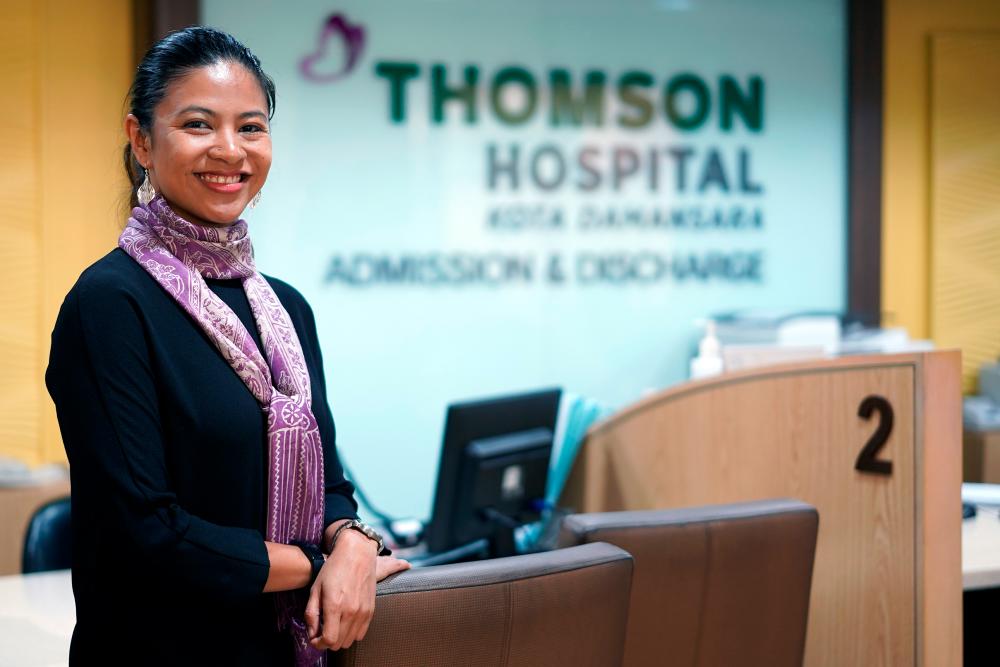Q1. Being an industry leader who is young and a woman, have you experienced any hurdles or prejudices? How did you tackle them?
Being young has always been more of a hurdle than being a woman. Up to today, when I enter into meetings, a lot of people’s first reaction is “you’re so young to be a CEO!”. I’m lucky that I’ve worked with people who have overlooked my age and gave me the opportunity to try.
Maybe the initial reaction is “you’re young” but when you start talking about business, the focus shifts to the business at hand rather than your age.
Q2. How can we eliminate the glass ceiling in Malaysia, in terms of the gender gap in upper management positions and pay?
I’m not a major proponent of Lean In (Sheryl Sandberg) but I do think that the gender gap starts to widen as women make different decisions on their career as time passes.
In Malaysia, we are lucky to have family support and domestic help at home so sometimes the trade-off for the career is not as bad as other countries. Still, women bear the brunt of a lot of hard decisions about home-making and caretaking.
At TMC Life Sciences, we are an equal opportunity employer. In the hospital, more than 80% of our workforce are young females aged 28 and below. In fact, we’re trying to hire more males to have a balance in terms of gender diversity.
Q3. How do you expect policies on climate change to impact businesses in the future?
There has been more focus on sustainability and impact to the environment. As a listed company, TMC Life Sciences has the obligation to produce a sustainability report every year.
As a hospital, we’re conscious of the fact that we’re consumers of energy and single-use plastic items because of infection control. We’re taking these into account.
Our new hospital expansion is targeted to be one of the very first to be green building rated in Malaysia and the operations team is also given a target to reduce single-use plastics.
Q4. You are a leader in the healthcare industry. So what do you do to stay in good health?
I do yoga once a week and strength training once a week. Other times, I walk!
One of our biggest employee engagement activities this year was the Million Step Challenge where we provided fitness trackers to staffs and divided them into teams. The team with the most steps wins and in six months there has been a definite change in behaviour.
Q5. What are the top three factors you would attribute your success to?
I have been fortunate to receive a good education that has held me in good stead. I think university teaches you to break things down, to question and investigate deeply and to be resourceful to put together a solution.
I also owe a lot to my parents who have never heavily emphasised my grades but always enforced how important it is to be disciplined and to learn how to manage people.
Q6. How do you find work-life balance?
It’s hard. With mobile phones and laptops, it means work can be done 24/7, I try to stick to a few rules.
I’m home by 8pm everyday for dinner and there must be no phone at the dinner table. If I need to do any work, I can go back to the office after that. At least, that 8-9.30pm is strictly no phones and family time and weekends are usually spent with my daughter.
If there’s a work event on the weekend, more often than not she comes along with me. We’re not just workers. We’re mothers and daughters too.
Q7. Name some books that have influenced or impacted you.
The first is The Checklist Manifesto by Atul Gawande. It showed me how something simple can have a world-changing effect.
The other was Nassim Nicholas Taleb’s Black Swan. It made me realise that you can change the world and make a difference when the opportunity happens. It doesn’t mean that you need to have a long experience.
Q8. If you could have an hour with anyone who had ever lived, who would it be and why?
One of my heroines is Justice Ruth Bader Ginsburg in the US Supreme Court. She is smart and made changes to US gender laws at a time when it was really hard. She survived multiple cancer diagnoses and is still working.













